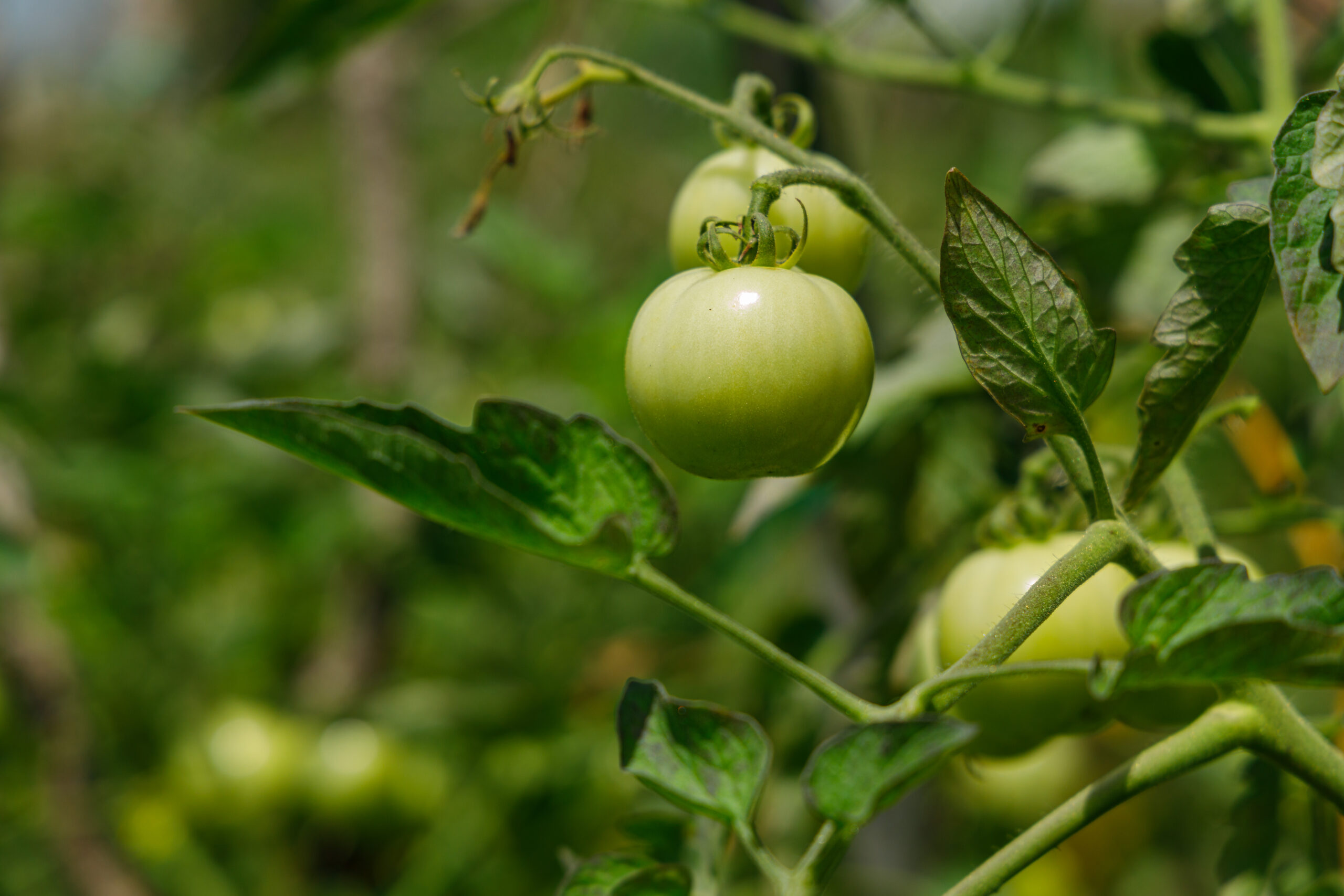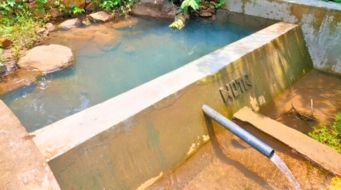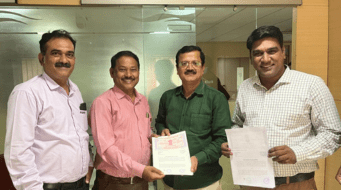After their husbands succumbed to financial distress and took their lives, Chanda and Ramkala were left to fend for themselves and their families. Both of them had no time to grieve. Who would have taken care of their kids? Each day, the families were struggling to secure a square meal.
Yavatmal district of Maharashtra has numerous such heartbreaking stories. Women, after the death of their husbands, are left in the lurch. Chanda and her sister-in-law Ramkala live in Baradgaon village and could survive on a meager income of about Rs 12,000 per year. They were prepared to work hard and earn for their families, but were clueless of any avenues. The financial and emotional turmoil was beginning to take a toll on their health when they finally decided to approach WOTR for support.
It was during the same time WOTR had initiated the project ‘Empowering Women and Children in Distress’ in collaboration with Sampada Trust – its sister organization. The project focused on providing emotional support and strong livelihoods for widows in the Yavatmal district.After the initial rounds of discussion with WOTR, both the women decided to pursue farming on their lands. The soil was fertile but they lacked financial means to pump underground water for irrigation. With the support of Rs 20,000 received from Sampada Trust, they purchased a second diesel pump to draw water. During the farming period, they received regular guidance from the WOTR team on sustainable agricultural practices.

The first harvest was super successful. Twenty quintals of cotton and ten quintals of toor dal gave a whopping profit of over Rs 45,000 to Chanda and Ramkala. Since then, there has been no looking back. Both the women have overcome the social and financial misery and have proved that women can independently support their families.
Both the ladies are leading a progressive life. While Chanda’s son finished schooling and started an eatery business, Ramkala could continue with her children’s education. They now live in pucca houses with all the required amenities.
But nothing can match the confidence and enthusiasm that both of them have regained after the intervention.





